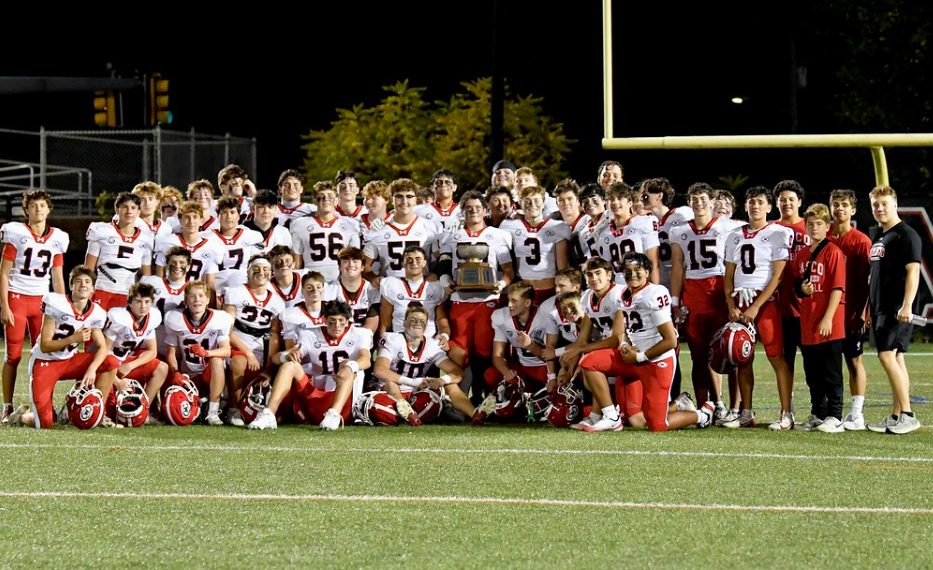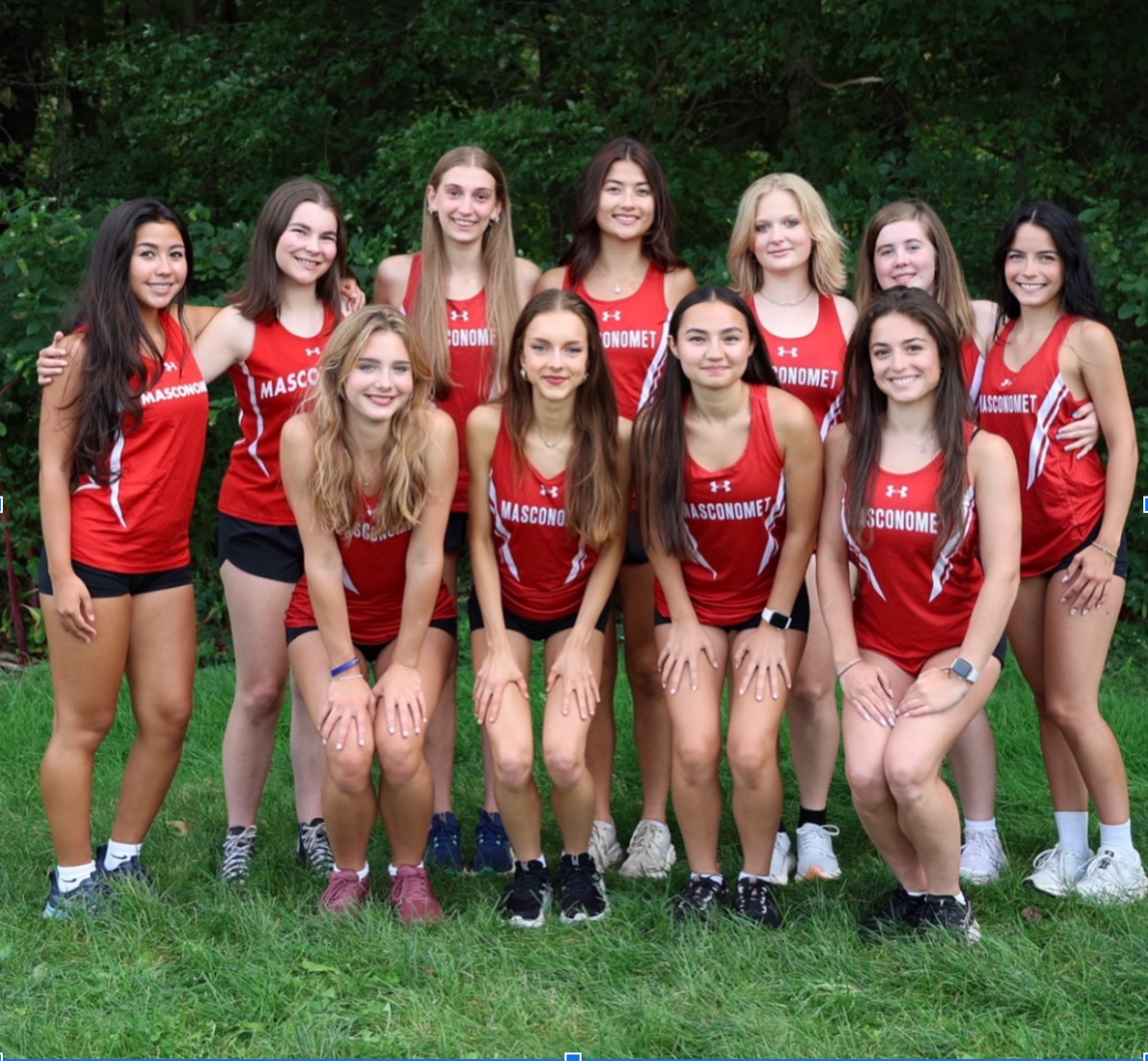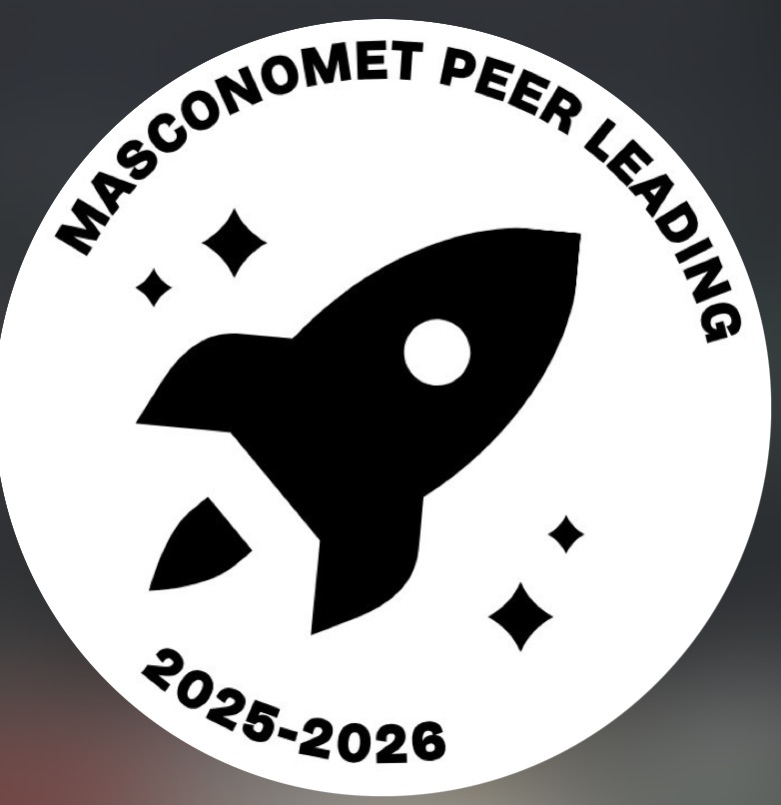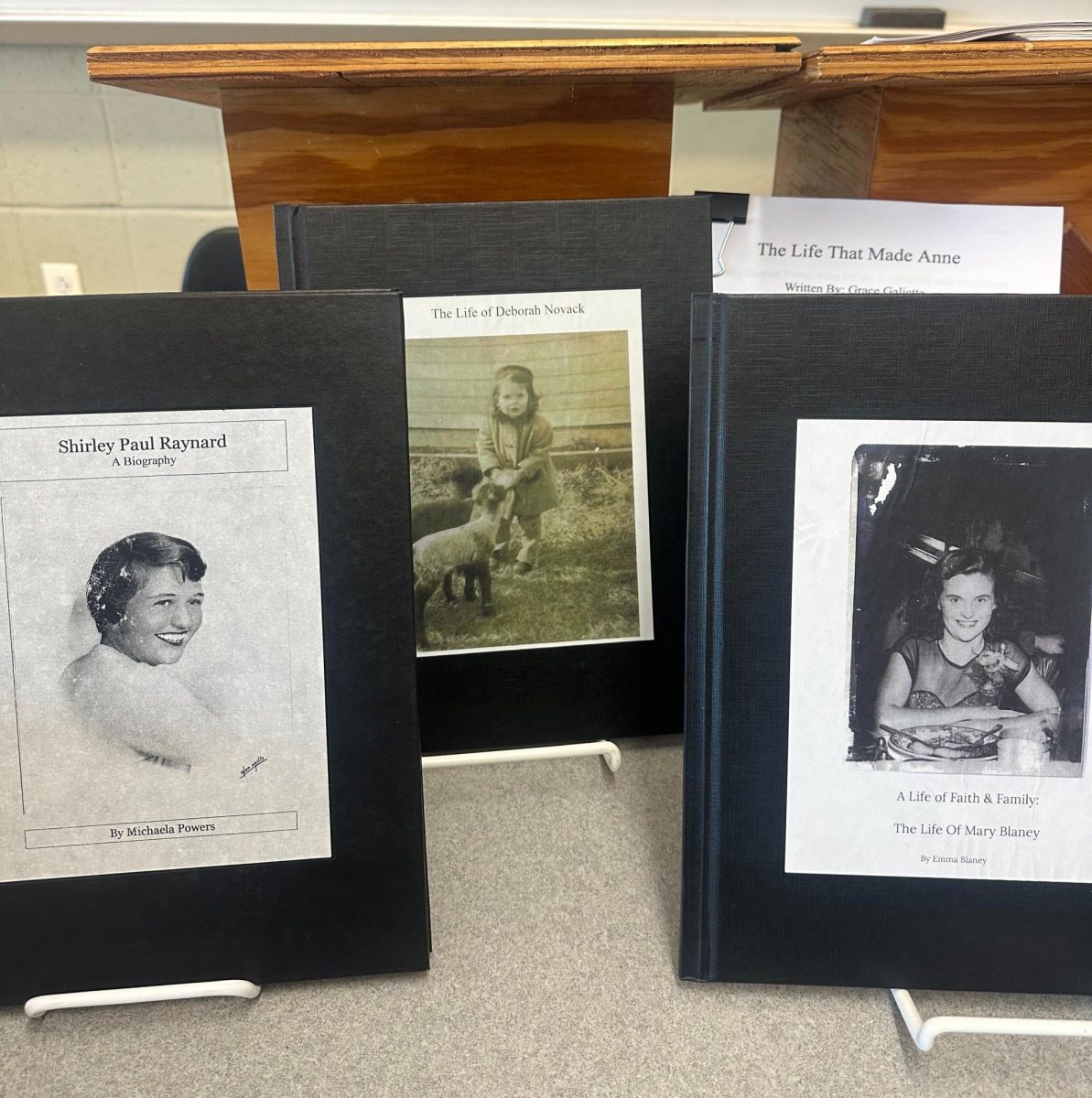
But I’m a Cheerleader is a rated-R drama and comedy that was released in August, 2000. The movie was directed by Jamie Babbit and stars Clea DuVall as Graham, Natasha Lyonne as Megan, and RuPal as Mike.
Megan is your typical American teenage girl. She’s a Christian, has a football player boyfriend, does well in school, and is, of course, a cheerleader. Megan is oblivious to the concerns of her parents and friends, who worry she is a lesbian, and so she is shocked when she is suddenly sent away to True Directions, a boot camp meant to convert her sexuality. Megan develops feelings for the rebellious and shameless Graham.
This is camp in all the right ways. Something about the poorly painted props that made this feel like a high school production combined with the heavy satire makes this movie perfect. The colors were used to divide the men and the women, placing them into stereotypical roles of men and women. The color brown is also used in Megan’s life back home to show how everything seemed bland, with people needing to stick to strict social norms. Objects like the fake flowers or plastic coverings on the bed along with the use of bright colors were used to symbolize the artificiality of everything at the boot camp. The main characters know they won’t be changed on the inside but they are forced to play along. The house itself is often described as a dollhouse, emphasizing the pretend nature of hiding their real identities, because no matter how well they do in the program they are still living a lie. The uniforms also speak to traditional gender norms with the skirts, cardigans and mary janes. Not only are these things visually interesting but the symbolism is also understandable to your average movie watcher and you don’t have to be a film buff to decipher them.
There is nothing I would change about this movie. I think it flows perfectly and was able to make a relatable movie that touched on taboo or sensitive topics that weren’t commonly discussed in the media at the time, while also having a lighthearted tone. It’s way too common to have queer movies where one of the love interests dies at the end or they don’t speak to each other until the end of the movie and it is all around depressing. While these more somber films are important to open people’s eyes to the struggles of the lgbtq+ community, it’s refreshing to take a less serious tone. A fun movie where they can feel celebrated and hopeful is important, especially for younger generations.

The film did not receive high ratings from critics, but I think it’s because they are expecting something way more serious out of a movie that’s meant to be a satirical comedy. Critic Peter Bradshaw “would have preferred to know more in documentary terms about the actual reality of these terrible camps, rather than sit through this heavy-handed and oddly lenient comedy”, which I think is strange and makes me think he should have been watching a documentary and not a drama/comedy.
Another said “But I’m a Cheerleader had all the potential to be a devastating drama. With just a little tweaking here and there, the film’s campy, satirical edge could have been blunted into something more dire and harder to watch”, I don’t see why they would want this to be a hard-watch when there are movies such as Call Me By Your Name and Closet Monster and plenty more queer movies that have devastating endings that are difficult to watch. To each their own, but once again, I think they misunderstood the purpose.
It’s clear these critics don’t understand the purpose of this movie and it’s frustrating. The film is supposed to be funny on the outside but in reality, makes fun of societal norms and people who have similar beliefs to the ones portrayed in the movie. Babbitt was not trying to make a hard-to-watch movie; which we have enough of.
To quote Megan, “[It’s] not supposed to be intellectual, [it’s] supposed to make you feel good.”
I would understand the critics if Babbit did not include any real or raw emotions that remind the watcher that this movie has multiple objectives, but that’s not the case here. Some of these objectives are to create a feel-good comedy and touch on serious topics in a way that is cheery but doesn’t make a joke out of it.
I would recommend this movie to anyone who likes lighthearted comedies. It’s easy for most people to understand and teaches the viewer about the lives of people who may live different lives than them. Those who identify with the lgbtq+ community can also find comfort in this movie, while being relatable it also has a hopeful ending that makes me consider this to be a feel-good movie.

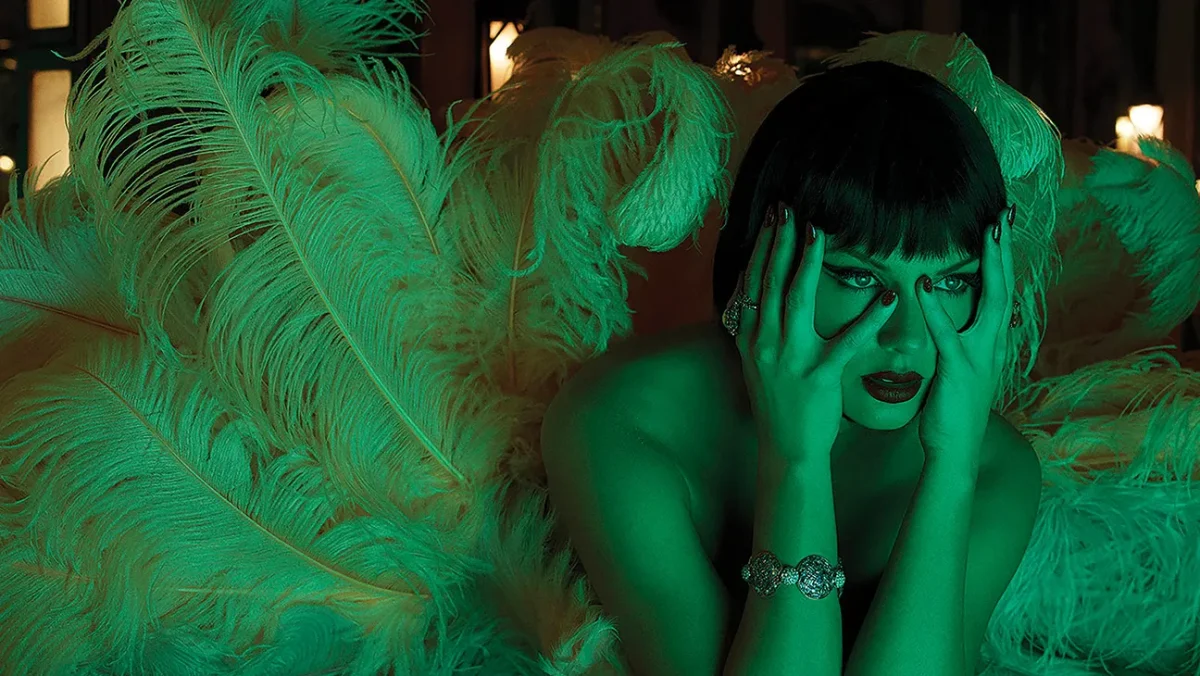
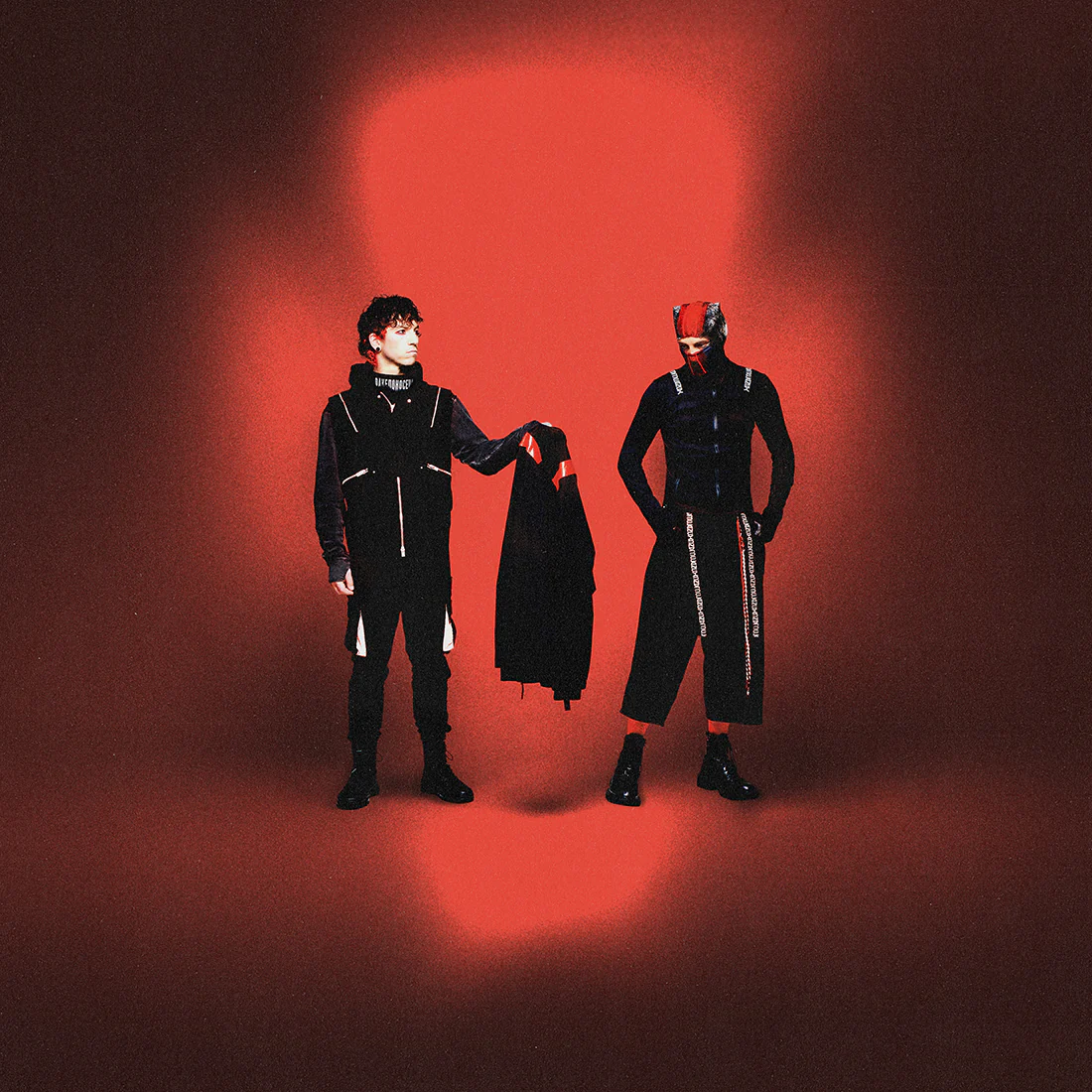
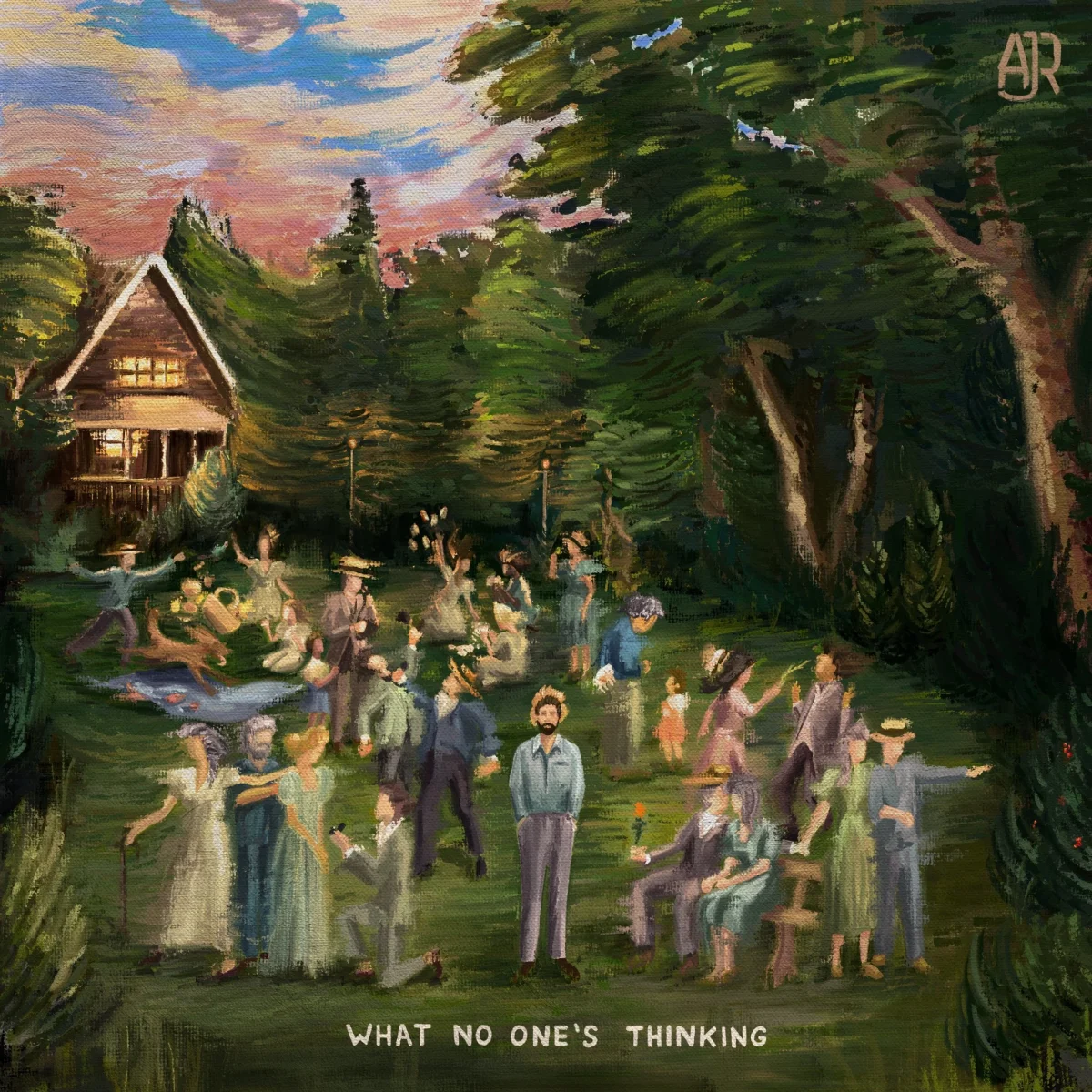
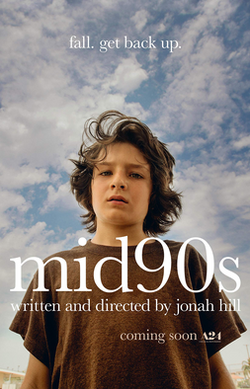


![Masco's goal scorers: Tim Lull [Left] and Enzo Nteta [Right]](https://mascomedia.org/wp-content/uploads/2025/10/IMG_5683-900x1200.jpeg)
